As the current parliamentary session commenced on February 6, there was a palpable sense of hope and determination among political leaders, parliamentarians, and the public alike. Promises were made, commitments were declared, all echoing a collective desire to rectify the unproductive inertia that had marred the previous session. However, as the session unfolds, it seems that the specter of political maneuvering and power play threatens to overshadow the pledge for productivity.
The pledges made by Prime Minister Pushpa Kamal Dahal and other top officials to prioritize legislative business and focus on pressing issues were met with optimism. Efforts were initiated, such as the directive to finalize pending bills and the implementation of a strict parliamentary calendar, signaling a genuine intent to enhance the efficiency of the legislative process. These initiatives were rightly applauded by observers and citizens alike.
Yet, the recent change in the governing coalition has introduced a new dynamic, one that threatens to disrupt the momentum towards productivity. The demand by the Nepali Congress for the resignation of Home Minister Rabi Lamichhane, citing allegations of financial impropriety, has the potential to derail the proceedings of the House. While legitimate concerns regarding accountability must not be brushed aside, the manner in which these demands are pursued can have far-reaching implications for parliamentary functioning.
The history of prolonged disruptions in parliamentary proceedings in Nepal is a lamentable one. Political parties have often resorted to obstructionism as a means to exert pressure and advance their agendas. While it is essential for opposition parties to hold the government accountable, it is equally imperative for them to exercise restraint and responsibility in their actions.
The current session holds significant legislative tasks that demand urgent attention. The passage of crucial bills and the deliberation on pressing issues cannot afford to be derailed by political brinkmanship. It is incumbent upon the prime minister to engage in constructive dialogue with the opposition, seeking common ground and avenues for collaboration. Similarly, the opposition must approach their demands with a sense of pragmatism and a willingness to engage in meaningful discourse.
The repetition of past scenes of parliamentary gridlock would only serve to further disillusion the public and erode trust in the political establishment. The citizens of Nepal deserve a parliament that functions as a forum for debate, deliberation, and constructive action, not as a battleground for partisan strife.
As this session unfolds, let us hold our leaders to account for their promises of productivity. Let us demand that the business of the House be conducted with a spirit of cooperation and a commitment to the greater good. Only then can we truly realize the potential of our parliamentary democracy and fulfill the aspirations of the Nepali people.


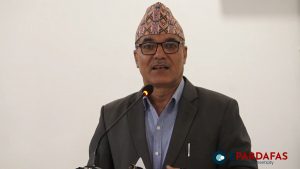
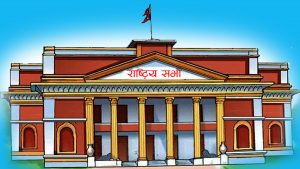
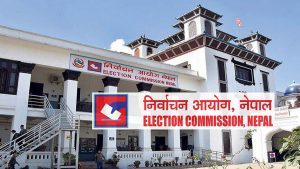
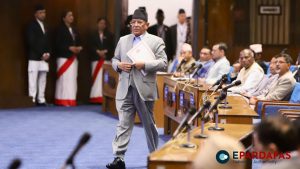
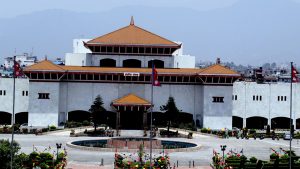
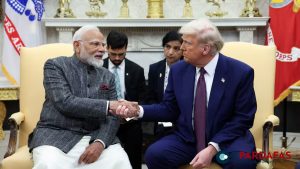






Comments